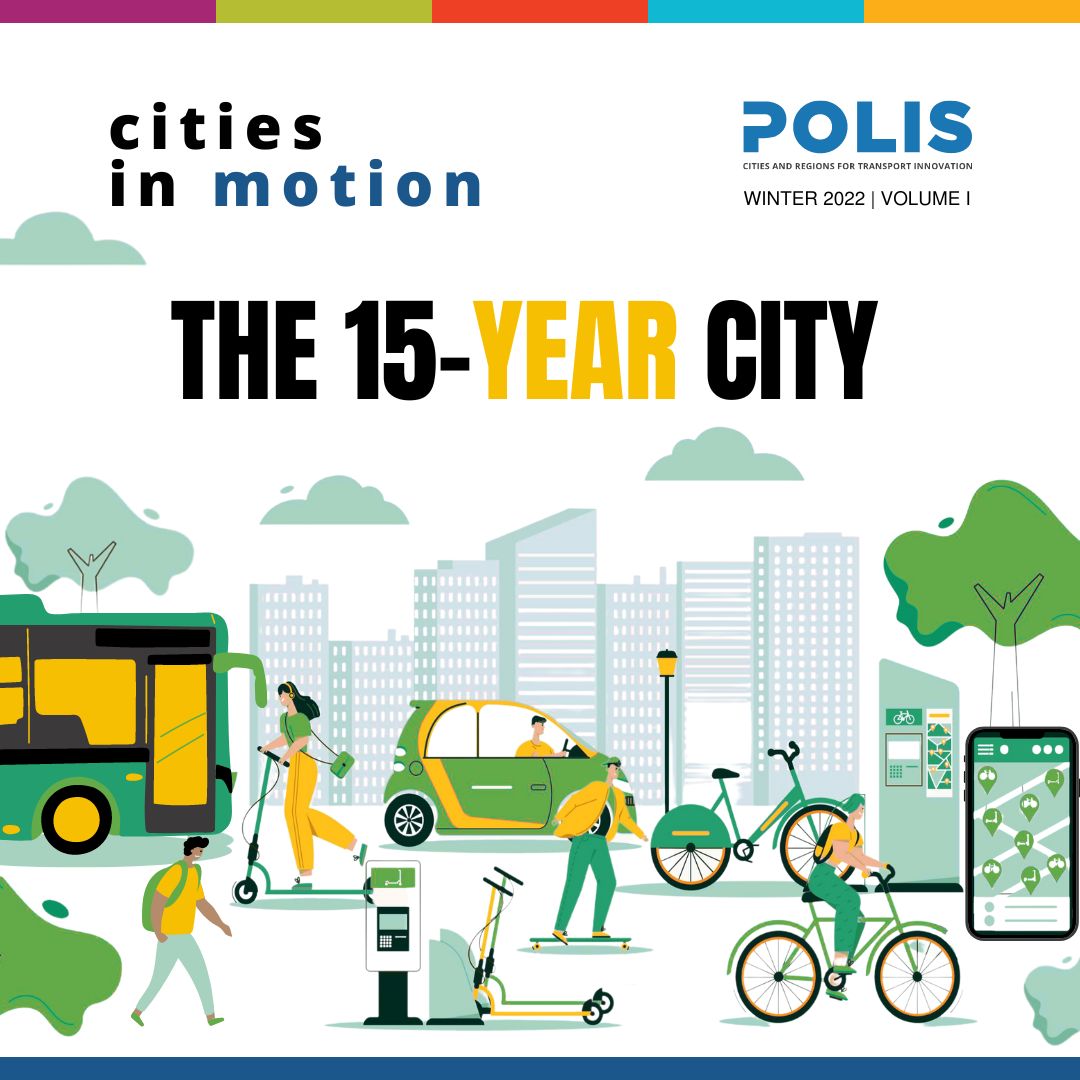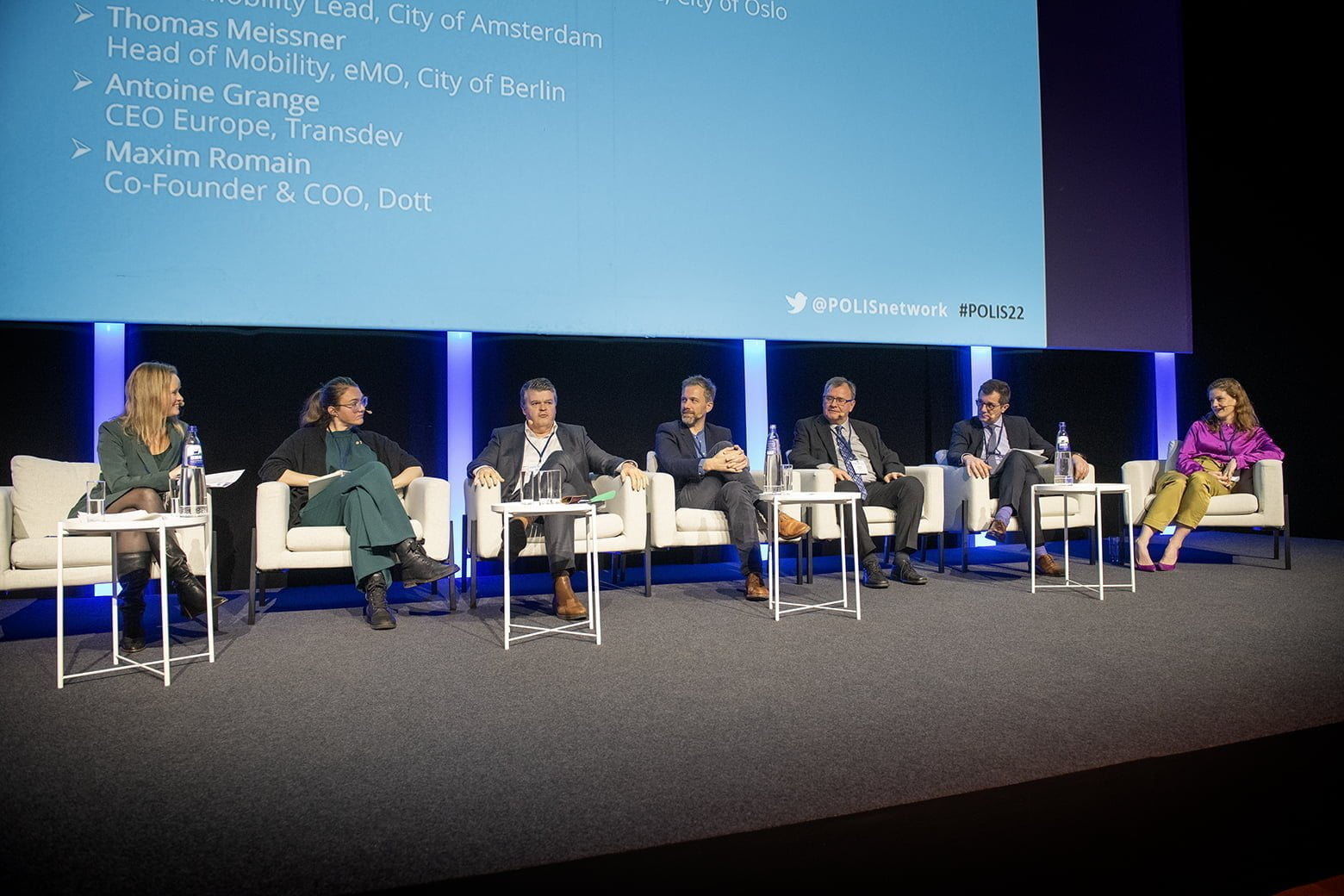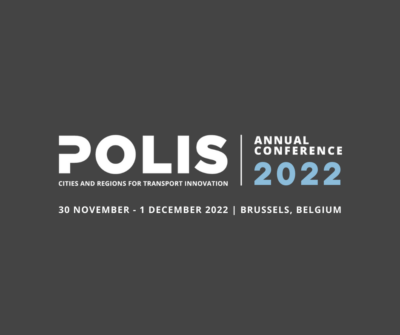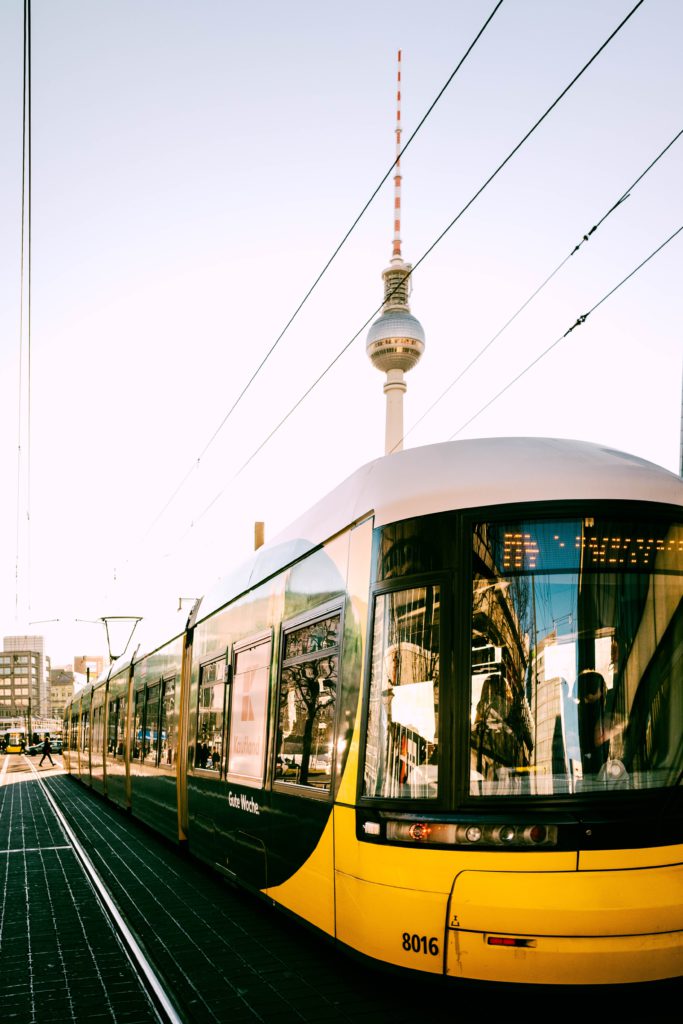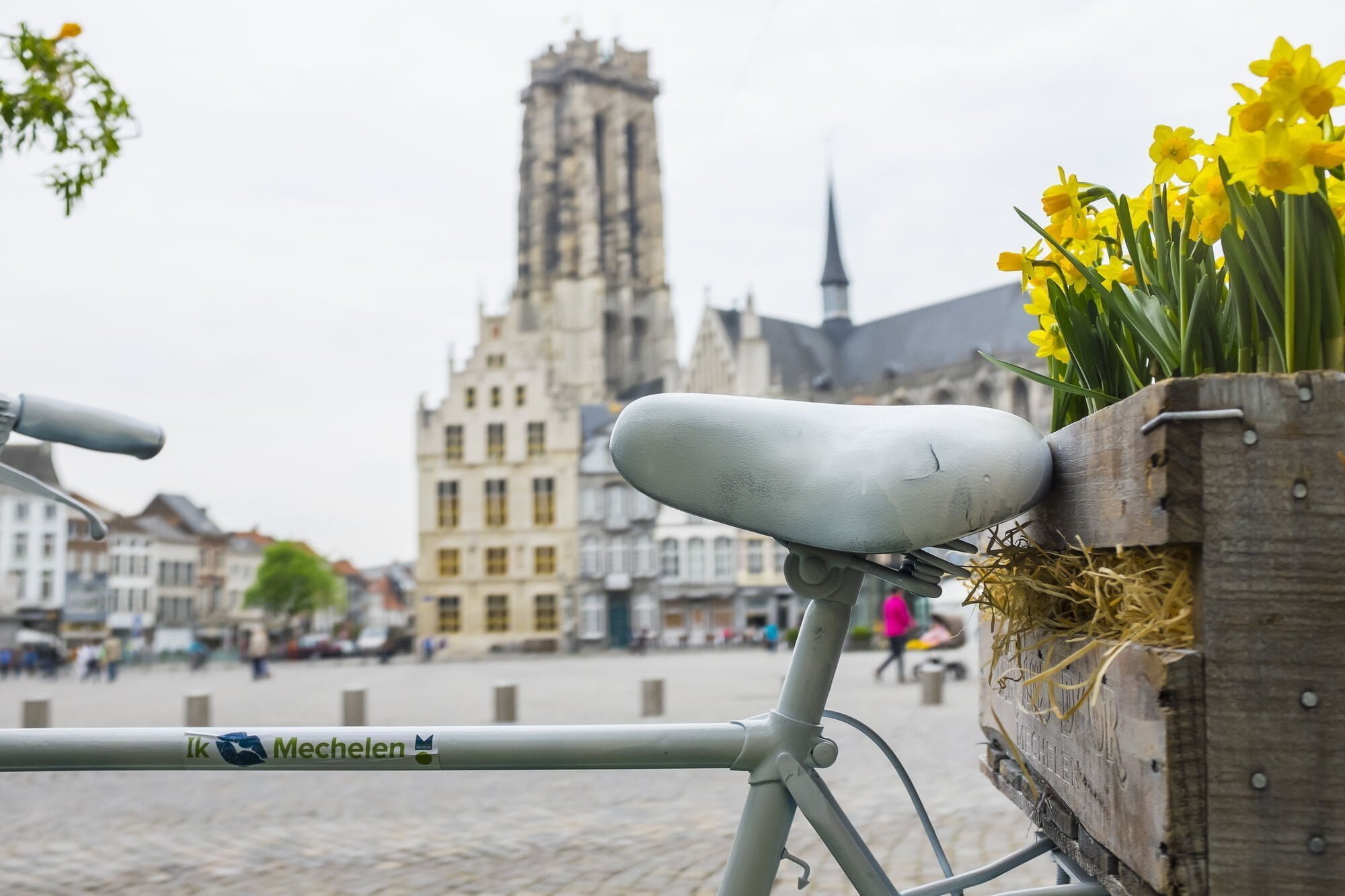It’s full speed ahead as POLIS' Annual Conference 2022 kicks off
It’s full speed ahead at POLIS Network’s Annual Conference, with high-level speakers from across the transport sector putting their heads together to explore ‘channelling change’, and what this means for our cities and regions.
Bart Somers, Vice-Minister President Flemish Region and Titular Mayor of Mechelen, Derk Loorbach, Professor of Socio-Economic transitions, Erasmus University and others took to the stage for an Opening Plenary which kicked off the conference.
On 30 November and 1 December, the Annual POLIS Conference convenes cities, regions, and stakeholders from across the transport sector for two days of intense exchange on sustainable urban mobility.
Where we are going, what we have achieved and the challenges ahead — everything will be on the table this year in Brussels.
We are back — and stronger than ever
The Annual POLIS Conference is the leading European event on sustainable urban mobility and innovation. It provides a unique forum for cities, regions, academics, operators, and the industry to share what they have been doing and learn from others.
Having convened in Gothenburg last year, the conference is back on ‘home soil’ in the Belgian capital, with sessions on accelerating the uptake of electromobility, figuring out micro-mobility, massively rolling out active travel, digging into data, collaborative logistics — and much more!
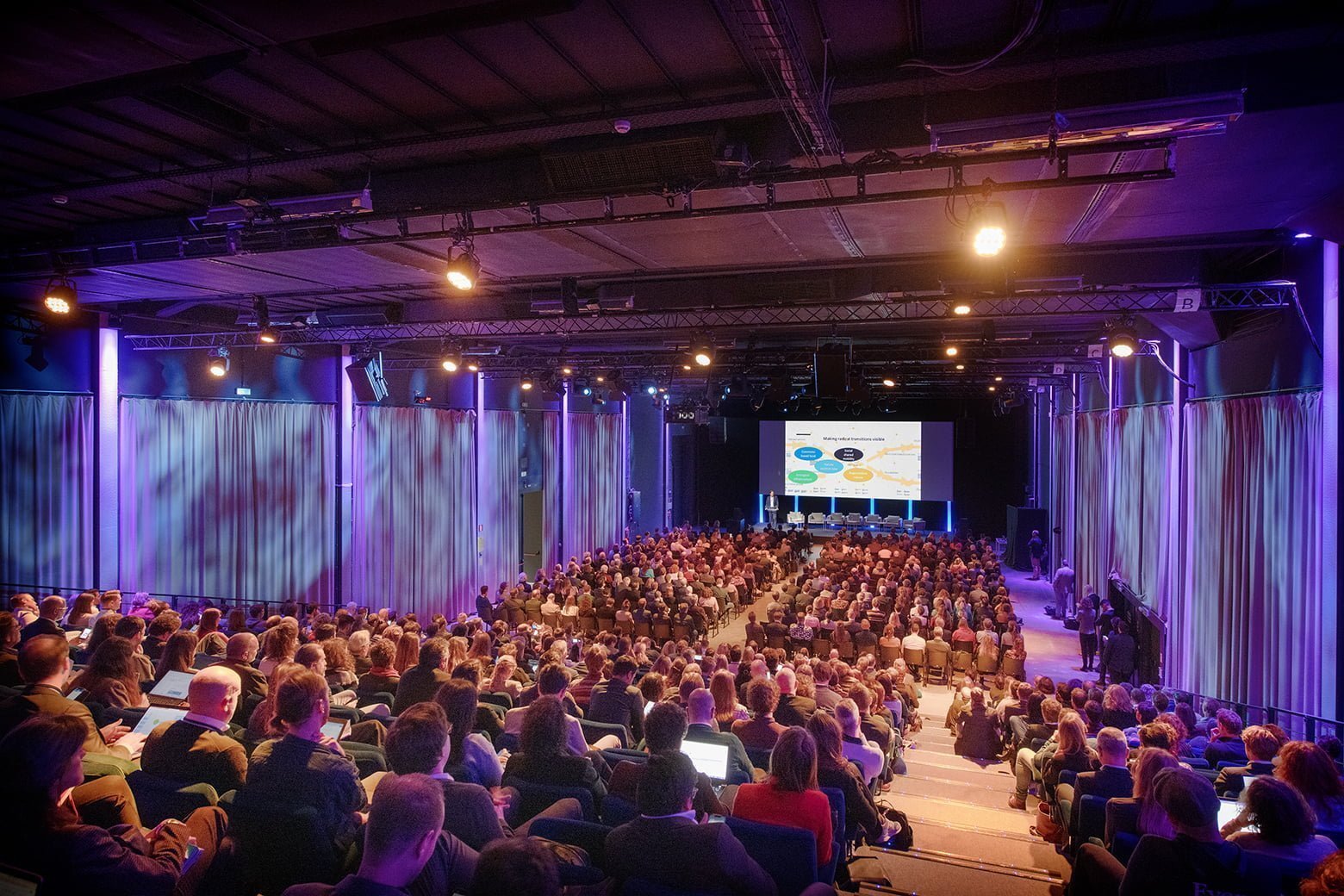
Opening Plenary — Credit: Simon Pugh Photography
This could not come at a more pivotal time for urban mobility. 2022 has been a rollercoaster of a year; our climate is changing faster than we ever thought possible, Russia’s invasion of Ukraine displayed the fragility of our continent and the necessity for strong, decisive action, meanwhile looming financial uncertainties are creating unforeseen pressures.
However, these challenging times have also shown our cities’ and regions’ incredible resilience, agility and capacity for innovation, while pledges made at POLIS’ Political Group meeting in Paris and Leadership Summit in Glasgow have demonstrated how local decision makers are leading from the front.
With over 200 speakers and 850 delegates, POLIS’ Annual Conference builds on this work to propel action to examine how we meet decarbonisation, decongestion, air quality, road safety and modal shift targets in the most effective, inclusive and sustainable way.
POLIS’ Secretary General, Karen Vancluysen said: “POLIS’ membership of cities and regions has continued to grow, and it is fantastic to see the variety of solutions being rolled out. Cities and regions are where some of the boldest action is taking place indeed, they are at the forefront of the transformative changes tackling our climate emergency. But we cannot afford to be complacent, we must be honest about how much further we still have to go.”
Channelling change, together
The conference began with a bang, high-level speakers from across the transport sector put their heads together to explore ‘channelling change’, and what this means for our cities and regions.
Panellists discussed how cities and regions are managing transition and are adapting their institutional frameworks to address the transport transformation we are going through in view of the societal goals we need to achieve.
They talked about governing innovation, public-private cooperation, and how other levels of government can support and empower cities in this transition.
Keynote speaker Derk Loorbach, Professor of Socio-Economic transitions at Erasmus University took the stage, providing food for thought.
Derk Loorbach said: “Cities across the world are making steps in this direction already by reducing speeds for cars, creating car-free zones, expanding cycling infrastructure and so on. The main challenges do not seem to be a lack of ideas and alternatives to move to more sustainable mobility, but the instruments and governance capacities to steward transformative change and to phase out as quickly as possible fossil-based mobility.”
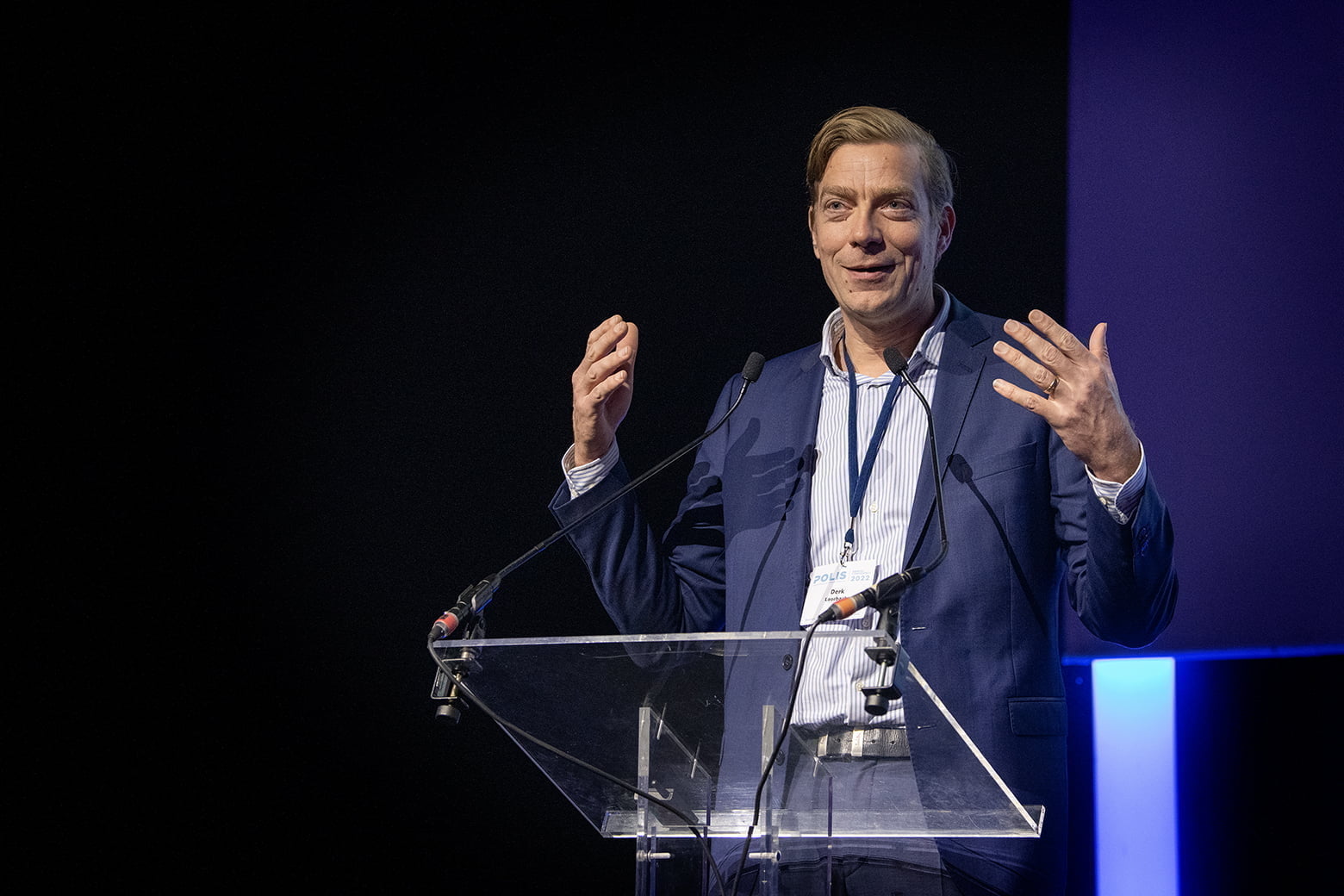
Derk Loorbach — Credit: Simon Pugh Photography
Then a panel of high-level speakers discussed how leaders from all areas of mobility can address this issue- with Karen Vancluysen putting them through their paces!
The panel included:
- Bart Somers, Vice-Minister President Flemish Region and Titular Mayor of Mechelen
- Thomas Meissner, Head of Mobility, eMO Berlin
- Antoine Grange, CEO Europe, Transdev
- Gemma Schepers, Smart Mobility Lead, City of Amsterdam
- Maxim Romain, Co-founder & COO, Dott
- Sigrid Heiberg, Deputy Chair Urban Development Committee, City of Oslo
Bart Somers said: “Strong cities are in the electric drivers’ seat to realise the modal shift to create healthier, safer and fossil-independent livelihoods. The Flemish government has signed a Local Energy and Climate Pact with 293 municipalities and cities in Flanders agreeing on tangible targets including fostering shared electric mobility, charging and bicycle infrastructure. We live in an unprecedented time and the need to accelerate the transition is immense. My strong conviction is that within our ecosystem of governance and stakeholders, we can do this, and we will do this.”
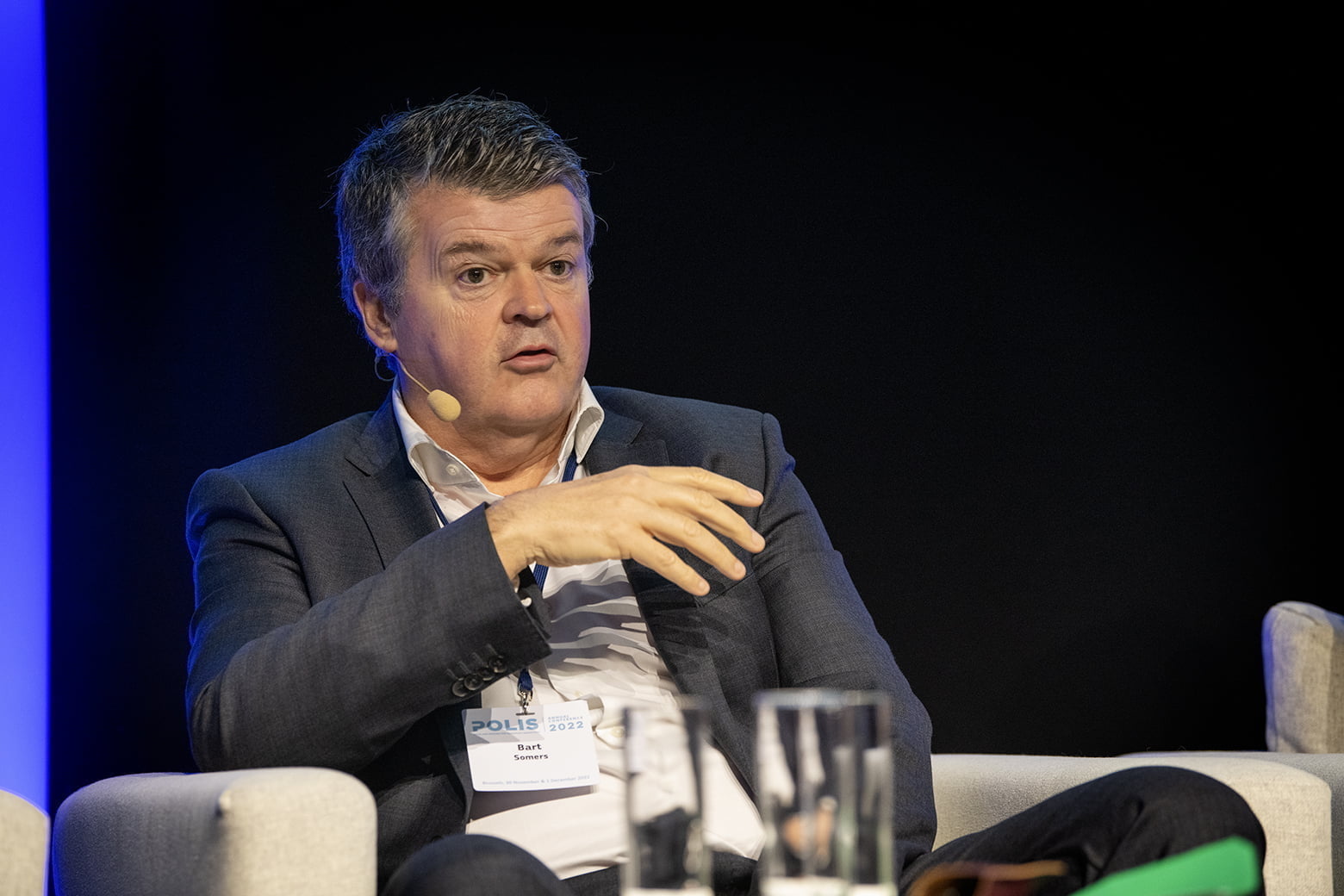
Bart Somers — Credit: Simon Pugh Photography
The Annual Conference will also host a meeting of the POLIS Political Group, convening leading urban mobility decision-makers from cities and regions to renew the commitments they made earlier this year and discuss what is needed next.
Elke van den Brandt, Brussels’ Minister for Mobility said: “Mobility is a competence that requires political courage. Across Europe, mobility changemakers are leading the challenging fight to make your cities and regions more efficient, more pleasant and above all: healthier for people and our environment. Meeting like-minded politicians active in the mobility field to discuss our successes — and our failures — is really a wonderful opportunity that I warmly thank POLIS for giving us. I am really enthusiastic to welcome you all to our beautiful city, Brussels!”
Cities in motion — a new POLIS' magazine in town
POLIS is also delighted to launch its new publication ‘Cities in motion’ at the conference. This new magazine’s first issue explores the 15-minute to the 15-year City; charting how pioneering concepts like superblocks, mobility hubs, and integrated ticketing are paving the way for a greener, smarter, and more inclusive future.
The issue also reflects on the importance of political leadership and cooperation in guiding and maintaining this transition as well as featuring interviews with some of Europe’s leading mobility minds.
You can find the magazine here: Cities in motion — VOLUME I: The 15-year City
Alessia Giorgiutti, Cities in motion, Editor in Chief said: “This magazine showcases the fantastic work our members are doing: we really hope readers not only enjoy, but find food for thought and motivation for accelerating their own actions and, pun unintended, for 'channelling change' head-first. We hope more cities, regions, and others will contribute to future editions, telling their stories in their own voice.”
